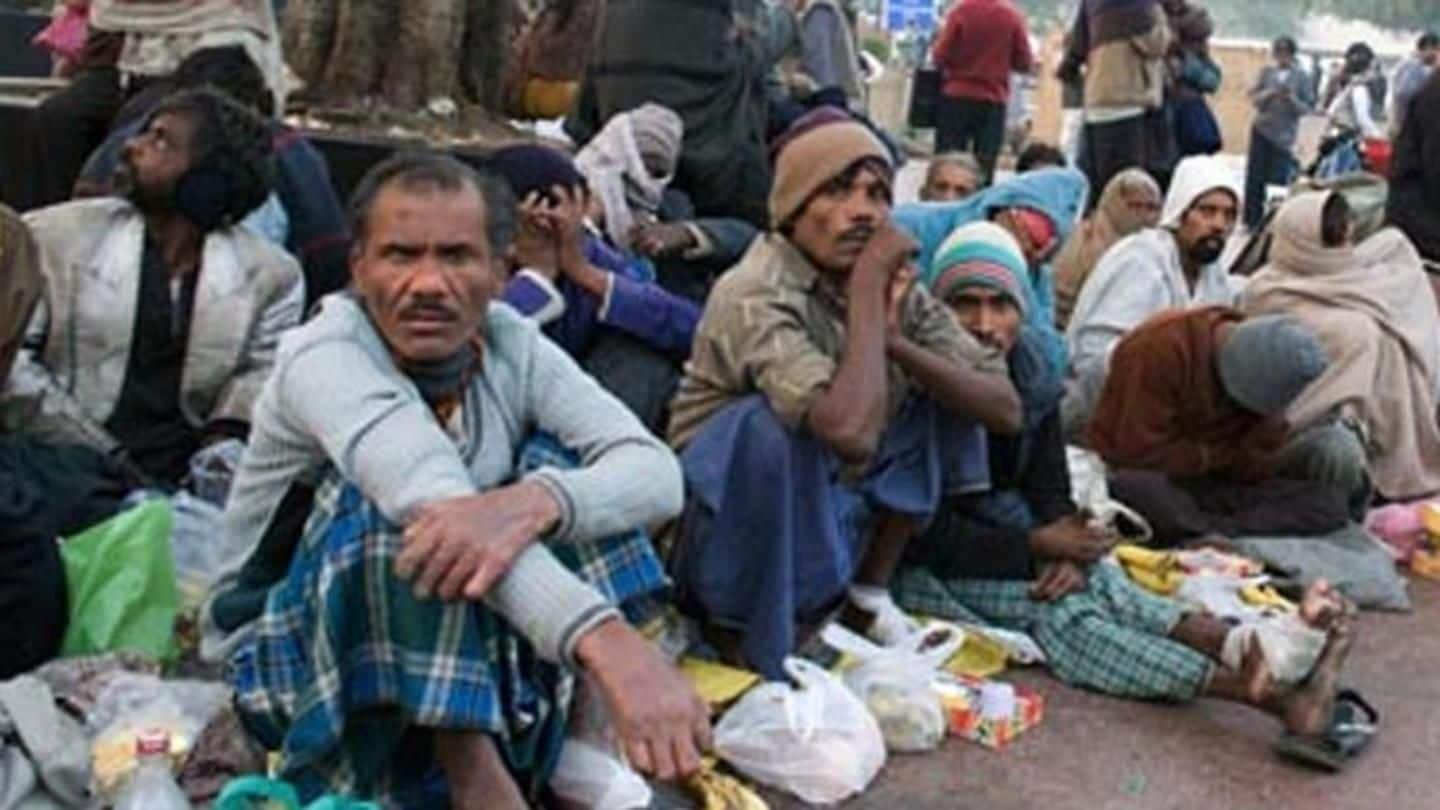
Begging no longer a 'crime' in Delhi
What's the story
The Delhi HC has decriminalized begging in the capital, terming penalties on the act as "unconstitutional." This means prosecution under the Bombay Prevention of Begging Act will now be struck down. Provisions that don't criminalize begging can be maintained, the HC said. The Delhi government is allowed to bring in legislation to check rackets of forced begging, the court added.
Laws
What are the laws on begging?
Presently, there is no central law protecting beggars. Most states have adopted or modeled their laws on the Bombay Prevention of Begging Act, 1959. This Act criminalizes begging to remove beggars from the profession by detaining, training and employing them elsewhere. Begging can lead to a jail term of three years for the first time and in subsequent convictions, up to ten years.
PILs
What made the government revisit the anti-begging act?
Petitioners Harsh Mandar and Karnika Sawhney filed PILs in the SC in 2009 seeking human and fundamental rights for beggars in Delhi by decriminalizing begging. They also sought basic amenities of food and medicine in Delhi's beggar homes. The PILs were later shifted to the Delhi HC in 2015. Subsequently, the Centre said it would amend the 1959 anti-begging act in a year.
Centre
The Centre's U-turn in the matter
The government had informed the court in 2016 that it had prepared a bill- the Persons in Destitution (Protection, Care and Rehabilitation) Model Bill- that decriminalized begging and rehabilitated beggars. However, in 2017, it did a U-turn and submitted it won't be decriminalizing begging. It said the proposal had been "dropped." The Centre has no Act and the states can make "their own," it submitted.
Quote
How can you make begging offence when people hungry?: Court
In May, the court asked how begging could be an offence in a country where lakhs of people were hungry and out of jobs, and the government was unable to provide either. It has now struck down provisions which term begging an offence.